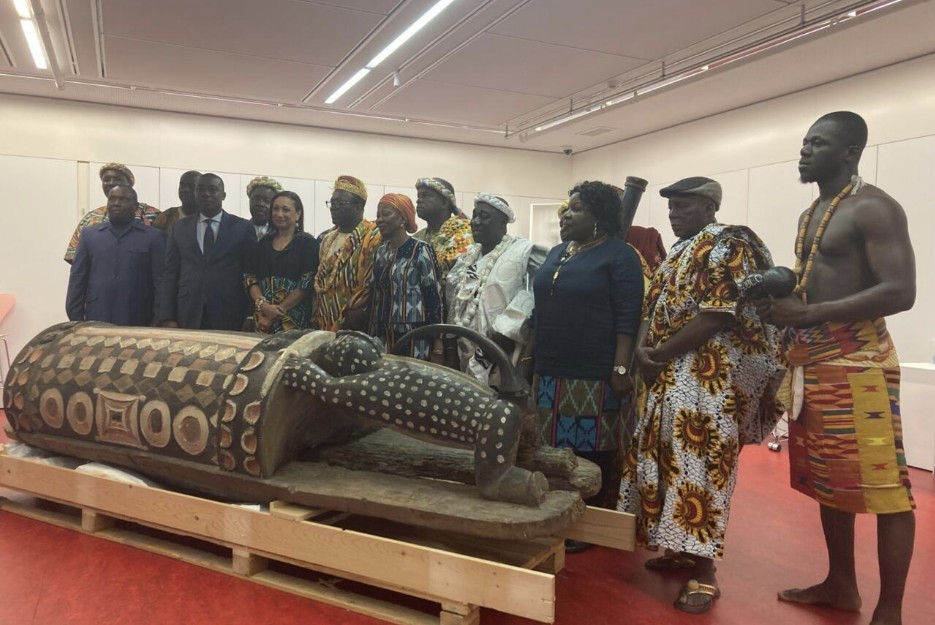Women, not cattle
- Jina Calinisan
- Jul 1, 2023
- 3 min read
Updated: Jul 14, 2023

“They would do different horrible things to me with sex toys. It was a really hard time," Karen, a former sex worker who was recruited from South Korea to work at an Australian brothel, told The Age.
Human trafficking remains prevalent around the world, hidden behind locked doors. The process of trafficking ranges from finding, recruiting, transporting, and receiving men, women, and children around the globe. Victims of the crime are taken to destination countries that either operate as a transit or a source.
The unfortunate reality statistics offer is that women and children are most susceptible to trafficking crimes, and the lack of awareness amongst individuals globally is a huge impediment in combating the issue.
Forced labour, cyber slavery, organ harvesting, debt bondage, and sexual exploitation are horrors which bring hell on earth to trafficking victims.
In October 2022, Australia’s border security and immigration system failed to detect a global human trafficking crime boss, Binjun Xie, who managed to enter the country. His syndicate ran a national illegal movement of exploiting foreign women around Australia.
Women were employed as sex workers at his brothels and stripped of their liberty. With no access to their passports, they were coerced into performing degrading services including rape fantasies.
This is neither merely forced labour nor criminal acts of injustice. Rather, it is women being treated as commodities, held hostage by organised crime leaders.
Around the same timeframe, another crime boss, Mae Ja Kim, recruited a South Korean female, Karen. Unbeknownst to her, she found herself in a binding debt arrangement to be paid off by serving a brothel in Melbourne, otherwise she would not retrieve her passport.
Karen’s experience as a sex worker gave her nightmares she would never forget. She was an experiment to different men, brutally used and assaulted with various sex toys. She recalls being chased by a drunk man who locked her in his home as she begged for her life, deeming it one of her worst nightmares.
These reports highlight the validity of concerns regarding immigration and trafficked women viewed as illegal migrants. However, the border control issue overlooks the effective measures that can be taken in fighting the injustice of commodified women.
It is beyond words to fathom what victims of trafficking crimes undergo during their captivity. One of the first steps individuals can take in fighting this issue is to broaden their perspective.
Apart from raising personal awareness, there are communities that actively work to combat these crimes. They provide helplines and websites that seek to inform society.
The next step for Australia in mitigating this issue is to pursue economic and military cooperation with Thailand, a long-established centre for human trafficking.
Foreign Minister, Penny Wong, met with Thai Prime Minister, Prayut Chan-o-cha last November to sign a newly formed anti human trafficking deal. They agreed to open a training centre that would function as a base to counter these criminal schemes. This will open pathways for much more effective measures for women to reach out for help.
United efforts from national and global authorities only dare hope that human trafficking will come to an end someday, saving thousands of lives chained to darkness. Both men and women bleed the same blood, they are to be treated as human, not cattle. With the help of non-profit organisations and advocating communities, we would not be too far from eradicating human trafficking. We must continue to pass on the light.





Comments